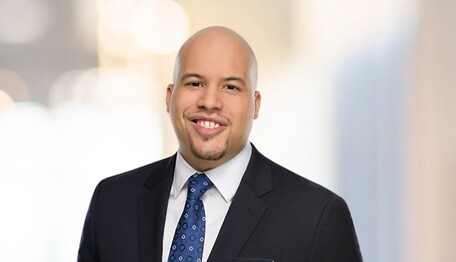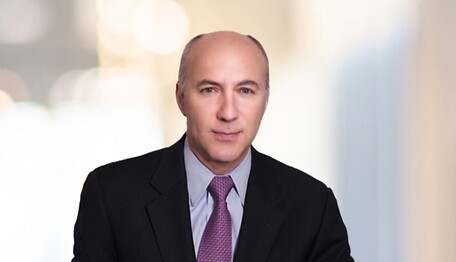COVID-19 Pandemic Preference Amendments to Bankruptcy Code Benefiting Vendors, Customers, Commercial Landlords and Tenants
Over the last three months, Congress has passed major pieces of legislation primarily in response to the COVID-19 pandemic, including the Consolidated Appropriations Act of 2021 (CAA), which was signed into law on December 27, 2020. In addition to funding the federal government and a second round of pandemic relief, the CAA contains several amendments to the Bankruptcy Code. One of the amendments provides preference protection to commercial landlords and suppliers who receive overdue payments from their tenants or customers under agreements made on or after March 13, 2020 to postpone the payment of rent or supplier charges.
The preference amendments encourage these creditors to afford their customers and tenants payment deferment arrangements without the risk that the companies will clawback the payments as preferences if they later file for bankruptcy protection. The amendments should facilitate workouts of distribution and leasing agreements to help distressed businesses recover and repay arrearages as COVID-19 related governmental restrictions are lifted this year.
Preference Protection for Covered Pre-Bankruptcy Payments
Under the existing preference provisions of section 547 of the Bankruptcy Code, a bankrupt company or trustee has the right to clawback most payments made to an unsecured creditor within the 90 day period before a bankruptcy filing (or one year period for payments to creditors who are insiders/affiliates of the debtor). While creditors may have various defenses to preference claims (many of which are only partial defenses), ordinarily creditors still need to engage legal counsel to defend or settle preference suits. A creditor who repays preferential payments is entitled to file an unsecured proof of claim against the bankrupt company, but typically recovers a small portion of its claim. As a result, many creditors who cannot obtain prepayment opt to stop providing goods or services or decline to postpone payment of past due amounts owed by a distressed company in order to minimize further losses.
To further encourage payment relief from landlords and vendors during the COVID-19 pandemic, the CAA added a new subsection 547(j) to the Bankruptcy Code. Section 547(j) grants preference protection to landlords of non-residential real property and to suppliers of goods and services who received certain deferred payments made after March 13, 2020. Section 547(j) prevents a debtor or trustee from recovering the following pre-bankruptcy payments as a preference:
- “rental arrearages” in connection with an “agreement or arrangement” made between a commercial landlord and tenant on or after March 13, 2020 “to defer or postpone rent and other periodic charges;” or
- “supplier arrearages” in connection with an “agreement or arrangement” made on or after March 13, 2020 between a company and a “supplier of goods or services to defer or postpone the payment of amounts due under an executory contract for goods and services” (executory contracts are agreements where both parties have continuing material obligations).
Unlike payments of rental or supplier arrearages, payments of fees, penalties or interest to a supplier or a landlord under a post-March 13, 2020 agreement or arrangement are not exempt from preference clawback claims under the amendment. New section 547(j) remains in effect for two years and will expire on December 27, 2022, but will apply to any bankruptcies filed before then.
Takeaways
The preference exemption under section 547(j) benefits the parties to supply agreements and commercial leases. It helps companies obtain payment relief and maintain their businesses or leasing relationships during the pandemic and, in turn, pay their employees and other critical obligations including any debt service to lenders. At the same time, the exemption protects suppliers and landlords and improves their cash flows by providing them a complete defense to preference claims seeking the return of covered payments.
If you have questions related to bankruptcy, leasing or vendor matters, please contact Steven E. Ostrow (ostrows@whiteandwilliams.com; 212.714.3068), Andrew E. Arthur (arthura@whiteandwilliams.com; 646.837.5790), or another member of our Financial Restructuring or Real Estate Groups.
As we continue to monitor the impact of the COVID-19 pandemic, White and Williams lawyers are working collaboratively to stay current on developments and counsel clients through the various legal and business issues that may arise across the financial services and investment industry and other sectors. Read all of the updates here.
PRACTICE AREAS
Practice Areas
KEY ATTORNEYS
-
Associate
-
Partner


